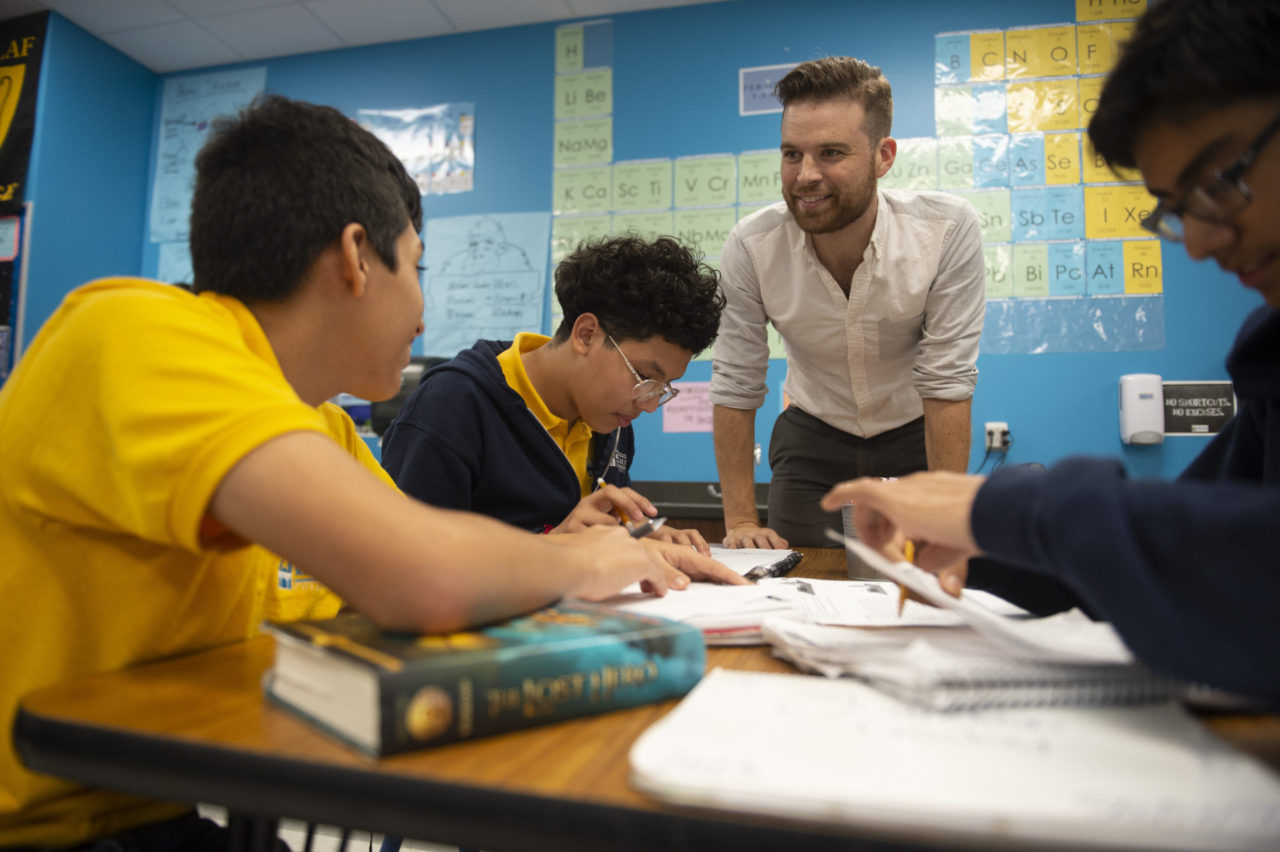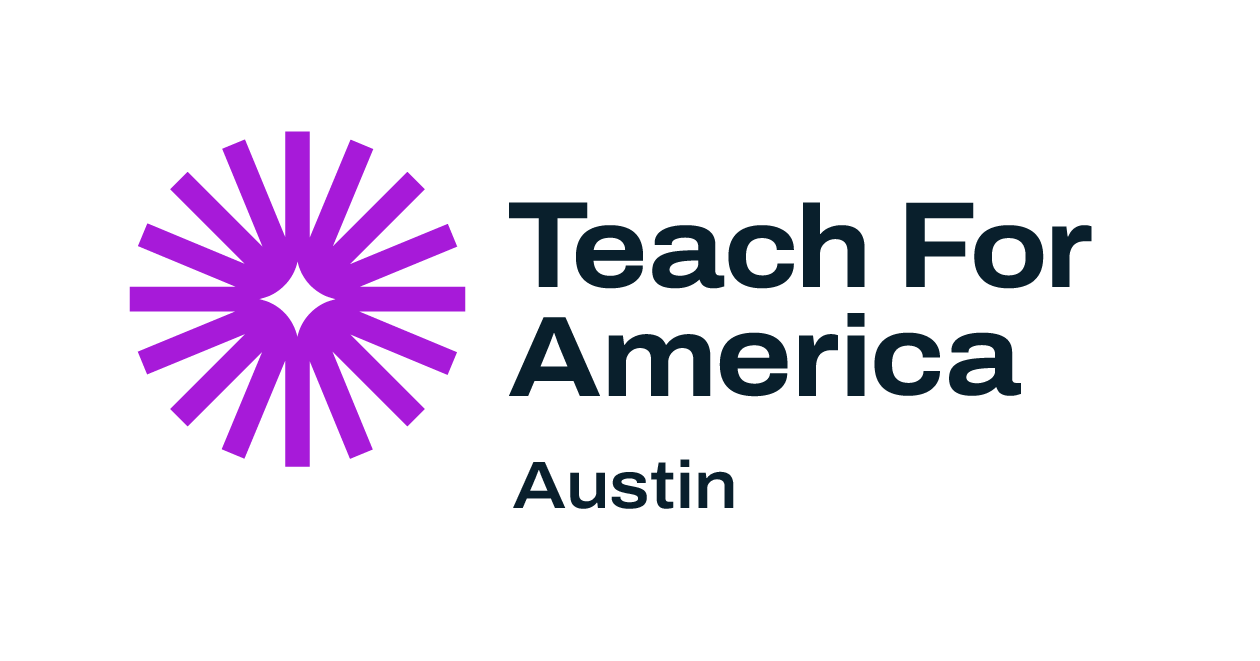Geoffery Carlisle
KIPP Austin College Prep, 8th Grade Science Teacher

KIPP AUSTIN
How are you making an impact for kids, the community, or the network?
I’m in my 11th year teaching 8th grade science and sex education. As a science practitioner, I’ve grown to understand that there are a unique set of challenges many science educators face. Disproportionately, science teachers often do not have a strong academic background in science. Additionally, the pedagogical approach to science lessons is fundamentally different than how other subjects are often taught, which means that finding high quality, science-specific curricular materials and professional development is incredibly difficult. I think it’s important that educators who’ve been in the game for a while and have demonstrated an ability to create environments where students can thrive and achieve is an essential component of educational leadership. To that end, I’ve spent many years now facilitating professional development about science pedagogy in my school, district, Region 13, the Conference for the Advancement of Science Teaching, and KIPP School Summit. The deeper I get into my content, the more I see how education policy drastically impacts what happens in the classroom. For example, the Texas Health & Safety Code requires sex education teachers like myself to tell our students that being Queer is a crime, and LGBTQIA+ students face hostile school environments. Texas is one of only two states in the nation that doesn’t require students to learn about climate change. The Texas K-12 science standards make no mention of women or BIPOC scientists — every scientist mentioned in the standards is white and male. In an effort to bring awareness to these issues and push for change, I’ve written Op-Eds for a number of different publications, advocated for more educators to testify at the State Board of Education, and I’ve met with state representatives to lobby for greater equity in education policy. I’m now pursuing my Master’s the LBJ School of Public Affairs, hoping find ways to be more involved in education policy.
What do you hope to be true for Austin kids, community, and/or the alumni network 10 years from now?
It’s funny that the question mentions 10 years specifically, because science standards are typically only reviewed every 10 years. In this last State Board of Education meeting, there was great hostility to a proposed standard asking teachers to include “social justice” in their lessons. My sincere hope is that in 10 years, the conversation is no longer why aren’t we talking about social justice in science? No longer, why are we only teaching our kids that scientists are old white men? And why are we denying students the right to learn about climate change, which is already having a radical impact on their lives? In 10 years, my hope is that equity is the expectation, not the exception. That there is broad and rich understanding of the interconnected nature of science and justice. That Texas schools will become a pipeline for the next generation of scientists, who more accurately reflect the identities of their communities. That Queer kids feel safe at school, and that their teachers are equipped with the knowledge and skills to create affirming spaces that celebrate ALL students.
Tell us what you are working on or give a shout out to another alumni here. We’ll be recognizing the incredible work of our alumni network throughout the year.
